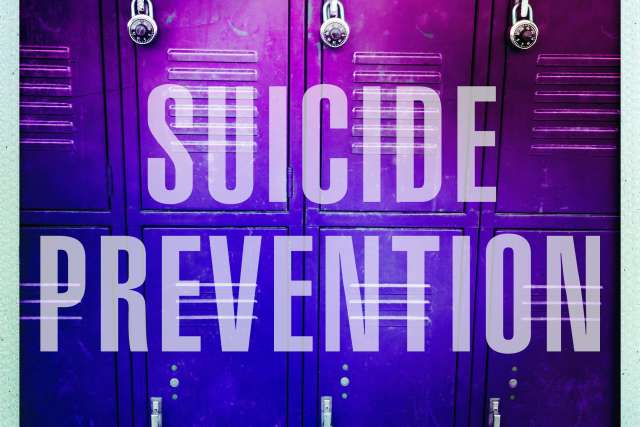One in three female teenagers seriously considers attempting suicide, according to the Centers for Disease Control and Prevention. For boys, it’s about one in six. Suicide is the third-leading cause of death among people 14 to 18 years old.
Given these statistics, parents should be prepared to talk with — and, more importantly, listen to — their children about suicide, says Jena Lee, MD, a UCLA Health psychiatrist who specializes in treating children and adolescents.
“Don’t ask, ‘How do I know if my kid is suicidal?’ Ask: ‘Assuming my kid is suicidal, how I do I make sure they’re going to be comfortable to come to me?’” Dr. Lee says. “I think that takes a lot of pressure off of parents. It gives us a plan. And the very act of trying to focus on how do I make it safe and comfortable for my teenager or my child to come to me and talk about this really heavy topic, that already solves half the problem.”
Dr. Lee shared this advice during an event addressing teen mental health presented by the UCLA Friends of Semel Institute.
All children need at least one adult in their lives — a parent, grandparent, teacher, coach or guardian — they can trust to share their struggles with, she says. Instead of approaching teens with the aim of talking about suicide, try to come with “a listening ear.”
“There’s nothing as powerful as empathy,” Dr. Lee says. “Teenagers will never let you in on their secret: that they actually want to be heard by you and they care what you think. They’ll never let you in on that, but they do care. And if you sit down and try to listen to the narrative, their experiences, everything that led to the suicidal thoughts, they’re far more likely to share with you.”
Psychiatrist Timothy Fong, MD, who also spoke at the event, suggests families put together a “mental health emergency kit” that includes essential phone numbers and local resources should an emergency arise. He notes that, for most families, their first phone call would be to their pediatrician.
There’s no safety plan for suicide, Dr. Lee says, other than to create open communication channels between parents and children.
Teenagers treated in the emergency department often say they don’t want to tell their parents about their suicidal thoughts because they’re afraid of how they’ll respond, Dr. Lee says. “I don’t want them to think they did anything wrong,” she recalls children saying.
Dr. Lee guides families through planning for how to respond when suicidal thoughts arise. With parent and child together, Dr. Lee asks the teen what would be most helpful for their parent to do when the child expresses suicidal thoughts. Answers have included: “Mom, don’t say anything, just get in the car and drive to McDonald’s,” “Let’s go to the mall and let’s just walk but don’t ask me anything,” and “Don’t ask me any questions for at least 30 minutes.”
“We want to unite as a team with the kids and the parents against these thoughts,” Dr. Lee says. “So if you think of this plan, the next time the thought comes around, the kid already knows how their parent is going to react. So the number one fear I hear, about ‘I don’t know how my parents are going to react,’ is taken care of. And the parent, who’s like, ‘What do I do? Do I call 911 or go to the ER or what?’ That’s already taken care of, too.”
Discussing suicide does not increase its likelihood, adds Erick Cheung, MD, chief medical officer of the Stewart and Lynda Resnick Neuropsychiatric Hospital at UCLA, who moderated the expert panel at the teen mental health event.
“It’s really not a topic that ought to be off limits,” he says. “The more we can communicate about it, probably the better.”






